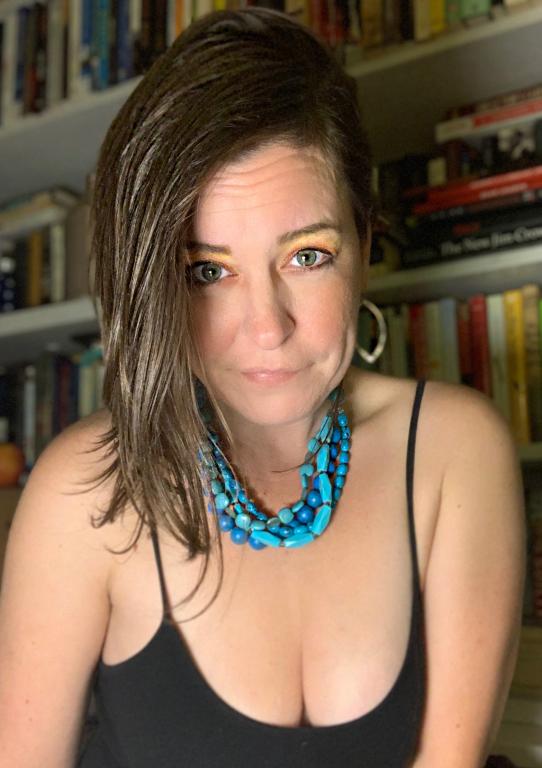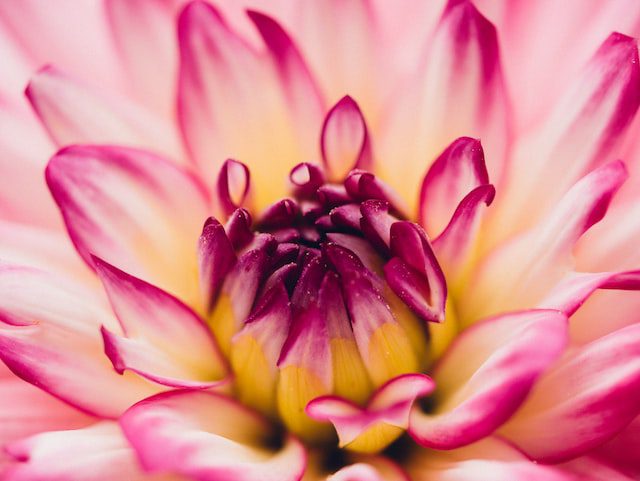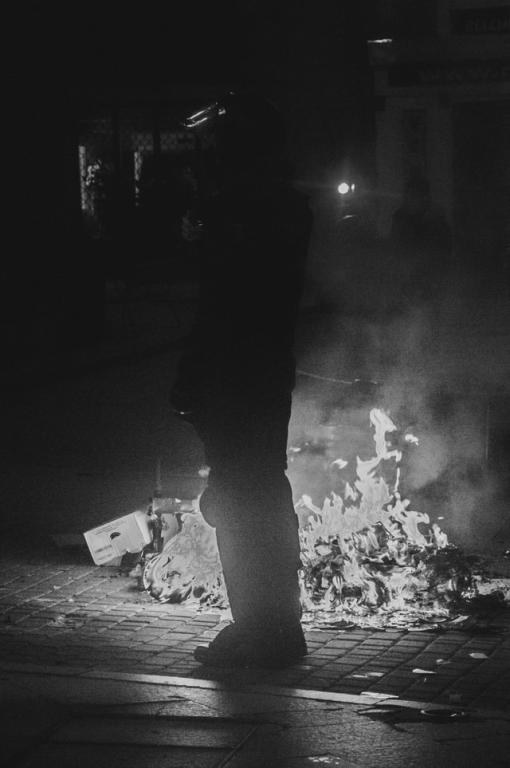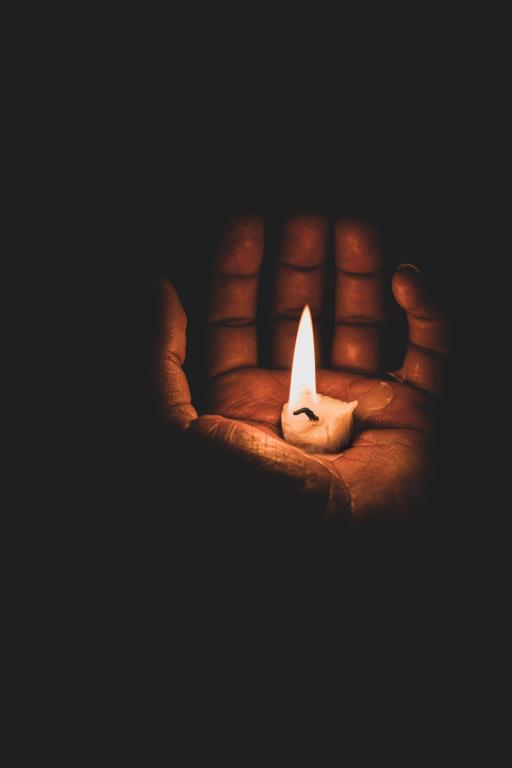
Throughout all stages of our life, we are taught a way to limit our love. As infants we understand love to mean food and security. We receive that from limited, accountable people—our parents. As we grow, we are instructed on love. Some of us are taught that loving our parents and siblings and relatives is the extent of our love circumference. We slowly incorporate more people into that circle—friends, love acquaintances, co-workers, neighbors, etc. In every regard, however, we are to be cautious with our love. We are not taught to love strangers; we are warned to avoid them. We are informed that love can be manipulated, exploited, abused. So, naturally, we limit our love.
When we are ready to commit to a person or marry another, we also limit our love. We confine particular forms and expressions of love within a safe-guarded parameter solidified by marriage licenses or verbal contracts. That kind of love is limited to only the person we are in a relationship with. Anything outside of that is a betrayal of love.
Isn’t limiting love betrayal to love? I often ponder this idea as I try to figure out ways to spread love outward. How much love can be shared? How restrained must that love be? Who am I allowed to love? Must I account for why I love another? Which forms and expressions of love am I allowed to show?
There is no end to the ample examples of lovers fighting against the rules and regulations of limited love. Catholics and Protestants, Montagues and Capulets, Frederick Douglas and Helen Pitts, Richard Loving and Mildred Jeter; to name a few. People who pushed back against the confining limitations attached to love.
I can’t help but wonder if the ways in which we confine love might contribute to the ways in which we forget love altogether? What I mean by that is perhaps limitations make it easier for us to not show others love in every moment we are called to.
I think about the narratives that play out daily, whether it be overhearing quarrels between lovers, watching a “Gray’s Anatomy” episode, or just reading the random posts and tweets of others. They all have a familiar storyline: Love was extended in some form that violated the original terms and conditions of a present relationship. A flirtation was observed, a hug was held too long, an exchange of smiles revealed a deeper level of connection, a text message was received that causes suspicion, a partner had sex with someone else, kissing someone else, shared an intimate moment with someone else. We are inundated with messages that claim love can only take place between two unless it’s another kind of love, but that has extreme parameters as well.
The oddest thing about this narrative is that we consider it a betrayal when someone we love shows love to another person. Isn’t that odd? We decide it’s ok to now limit our love by cutting it off simply because someone we love extended love to another human being.
But wedding vows, sacred unions, two become one, monogamy!
We have decided that love is defined in pairs only. While I tend to agree my agreement only stems from knowing that most people cannot handle loving one person, let alone more than one. The only reason we’ve simplified the number of people we love down to one is that’s what is easiest for our underdeveloped brains. The pair scenario is just what’s most efficacious. Tell me I am wrong if you want. But I would argue until the last breath in my body is expelled that love is never wrong.
Now stick with me. I am not making an appeal to polyamory, albeit, I won’t judge the paradigm either. What I am trying to show is that the ways in which we restrict love makes it hard to see others as worthy of love. Restricting love makes it easy to pick and choose how to love and who to love.
Can’t love him, he’s black. Can’t love her, she’s Jewish. Don’t love him, he’s white. Definitely don’t love her, she’s Hispanic. Can’t love that person because that person is different. Can’t love that man because you already love one man. Can’t love a woman, because you are a woman. Can’t love a man because you are a man. Can’t love another woman because you already love a woman.
Can’t love. Can’t love. Can’t love.
If we can’t love, how the hell CAN WE love?
Every habit, behavior, and instruction we participate with as we grow and mature perpetuates boxed-in love. Love this person, but don’t love him if he does this. Love her but not if she won’t do this. Love them only so long as they agree with what I think. We find all sorts of ways to limit love.
When it’s easy to limit love it’s easy to withhold love, too. And when it’s easy to withhold love, it becomes comfortable. When love turns into a condition it’s no longer love.
Why do we fence in love and fence out the possibility of expansive love? Why are we so willing to give ourselves over to only one other person? Didn’t Jesus show us that we are to give ourselves over to all, we are to love others—do unto others as we would have them do unto us. Don’t we want others to love us? How can love squeeze through the gate?
Love is unrestricted. God’s love is. If we are to be like God, we must stop restricting love.
Perhaps we don’t trust in love enough to know that it doesn’t need to be limited? The limitations of love always lead to division. Always. Whenever we limit love, try to contain it, control it, confine it, constrain it, compare it, concentrate it, or force another to contend for it, we destroy the freedom of love. We whittle it down to a tiny little toothpick instead of a powerful sword that cuts through evil. Love is literally the only phenomenon that can stop evil. Why do we look for so many ways to thwart love? Isn’t that the true evil? Isn’t putting limitations on love evil?












